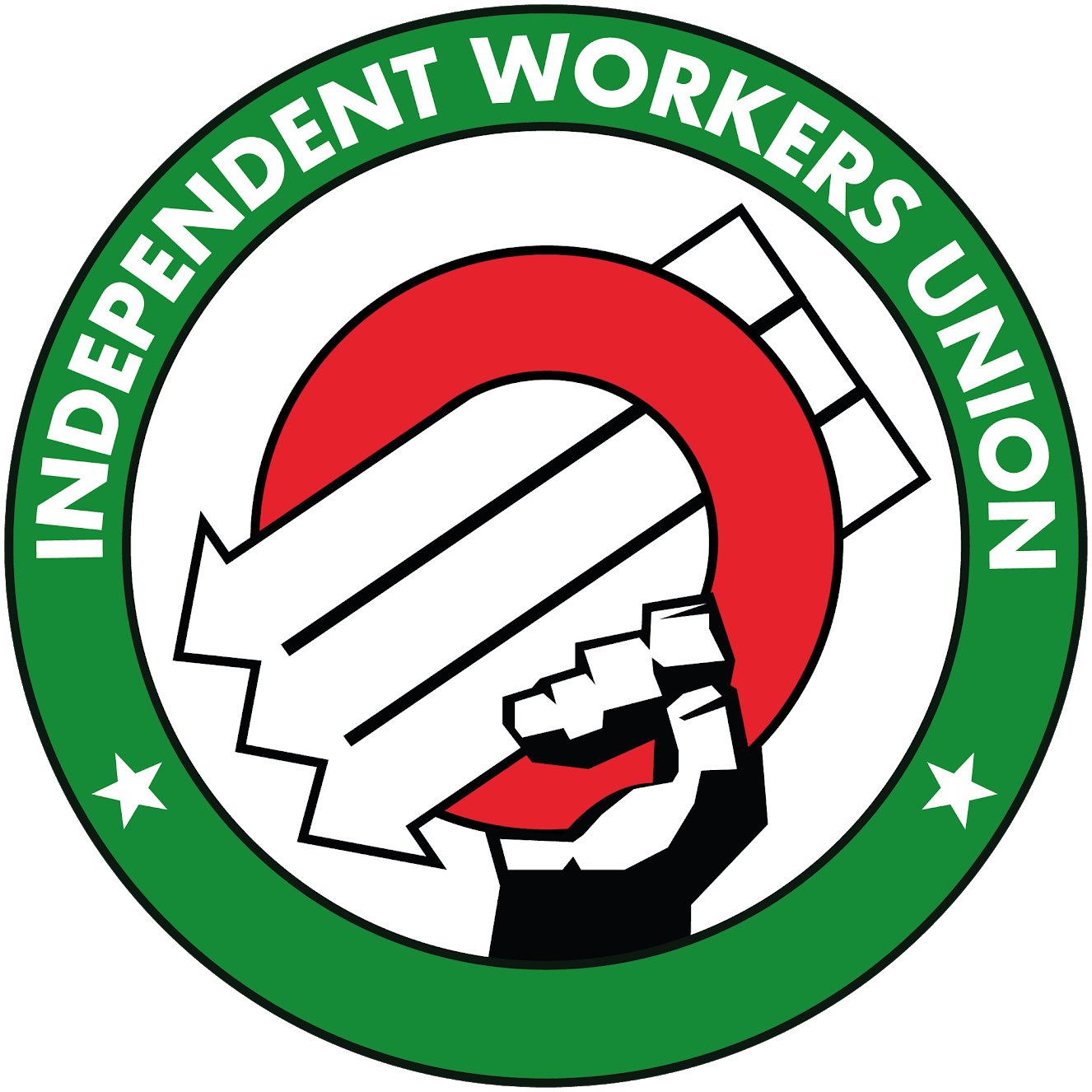IWGB Judicial Review demands better Health and Safety for workers in High Court
- Case could extend health and safety protections to hundreds of thousands of ‘gig economy’ and frontline workers.
- Many face the second wave of Covid-19 with no right to PPE or to refuse, without fear of dismissal, work that could endanger them and their families.
- The IWGB says Covid-19 has made workers rights a public health issue.
21 October: Today from 10.20am the Independent Workers’ Union of Great Britain (IWGB) will attend the High Court to bring a judicial review that could extend health and safety rights to hundreds of thousands of “gig economy” and frontline workers.
The union says Covid-19 has made workers' rights a public health issue. If successful, the judicial review would force the Government to extend health and safety protections to all ‘workers’ including hundreds of thousands in the so-called “gig economy”. (2)
Many of these workers, including Uber drivers and parcel couriers (1), were designated ‘key workers’ by the government during the first wave of Covid-19. Victory for the union would win them all a legal right to Personal Protective Equipment (PPE) and to take legal action against employers who dismiss them for refusing work in dangerous conditions.
Henry Chango Lopez, president, IWGB says: “During the first wave we stepped out our front doors every Thursday to applaud key workers for the vital work they were doing, risks taken for all of us. Meanwhile, the government turned a blind eye as gig economy companies cut corners on health and safety. As a second wave approaches, it’s time for us all to stand by our frontline and demand basic protections for those going out to work each day to get us through this crisis.”
Mengistu Jabir, private hire driver and chair, IWGB UPHD branch, says: "It's impossible for us to get PPE and when a passenger refuses to wear a mask or sit in the back seat, I'm risking my job if I speak up. Gig economy workers have always been treated like second class citizens but now the refusal of both companies and government to take responsibility is putting lives at risk."
Dr. Hina Shahid, chair, Muslim Doctors Association says: “The rights, health and safety of precarious workers have long been ignored and undervalued. Now these workers, many of them low paid, migrant and BAME workers, are on the frontlines of this pandemic and protecting them is the only way to protect ourselves. Covid-19 connects us like never before.”
The IWGB is arguing that the UK Government failed in its obligation to transpose health and safety directives from EU law into UK law. Whereas UK health and safety law only protects employees, EU law extends these protections to all those classified as workers. This law applies until the end of the Brexit transition period and the government has repeatedly promised to retain EU derived employment rights into the future. The Secretary of State for Business, Energy and Industrial Strategy has joined as a second defendant to the proceedings, alongside the Secretary of State for Work and Pensions. The Health and Safety Executive has also been added as an interested party.
The IWGB has launched a crowdfunder to cover the potential cost liabilities, which the judge has now capped to £4,500. The union is represented by Ijeoma Omambala QC and Cyril Adjei of Old Square Chambers and Kate Harrison and Harry Campbell of Harrison Grant LLP.
-ENDS-
For more information or to request remote access to the proceedings, contact:
Marienna Pope-Weidemann
Notes to editor:
- According to the TUC at least 1/10 adults engage in gig economy work, which now accounts for at least 4.7 million workers in the UK.
- A “worker” in EU law is defined as someone who does work under the direction of another in exchange for remuneration. In UK law, this is usually covered by applying rights to “limb (b) workers”, a category of self-employed who are entitled to basic rights such as minimum wage and holiday pay. Tribunal and court rulings in the UK against “gig economy” companies such as Uber, City Sprint, Addison Lee, and Hermes have found that their workers fall under this category.
- Taxi Drivers and Chauffeurs were found to be one of the professions with the highest death rates according to the ONS, with 65.3 deaths per 100,000.

© Sindicato de Trabajadores Independientes de Gran Bretaña 2025
Diseñado y construido en la IWGB con amor, cuidado y café. Hasta la victoria siempre.


